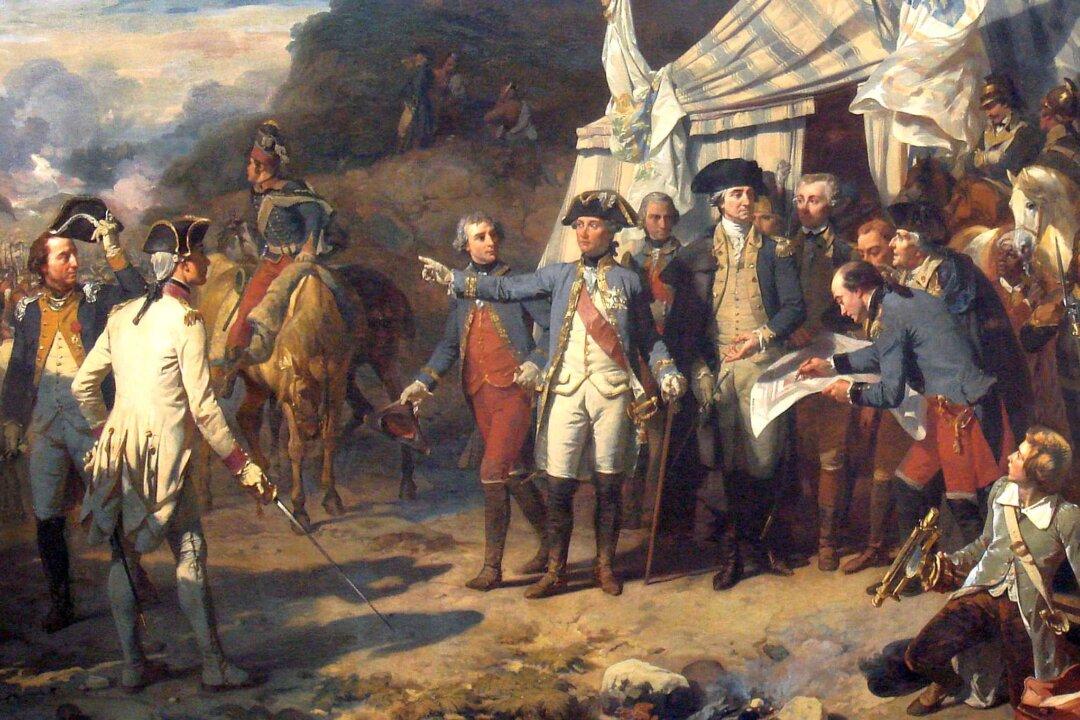At its most exemplary, conservative nationalism is a democratically oriented and civic form of patriotism, a love of a particular place, maintaining that the world is best governed by independent nation-states and that only within the context of such states can a free citizenry experiment with constitutional forms of self-rule. In foreign policy, conservative nationalists focus on preserving and promoting their own country’s interests, rights, values, security, traditions, and way of life, in the belief that it is entirely legitimate to do so. Within the United States, a kind of conservative American nationalism was the mainstream bipartisan political and foreign policy tradition for most of the country’s history. But America’s Founders also hoped that the nation’s example of popular self-government would eventually spread worldwide, and they saw no contradiction between holding out that hope, or even pressing it forward, and preserving U.S. national sovereignty.

The "Siege of Yorktown (1781)" painting by Auguste Couder. Public Domain
|Updated:
Commentary
